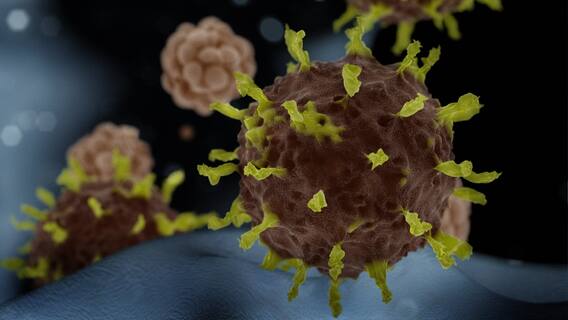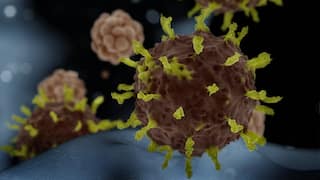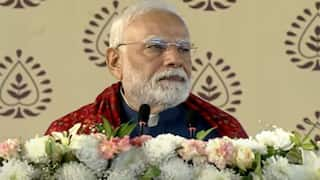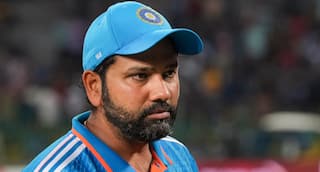How to Detect and Prevent Throat Cancer Early, Insights from MD Anderson Cancer Center | Health Live
Early detection of throat cancer is crucial for effective treatment and improved outcomes. According to MD Anderson Cancer Center, if you exhibit symptoms of throat cancer, your doctor will perform a thorough examination and inquire about your overall health and lifestyle. This includes questions about smoking habits, alcohol consumption, and your family medical history. To detect throat cancer early, your doctor may recommend several diagnostic tests and procedures. These can include a physical examination of the throat, endoscopy to visualize the throat and larynx, and biopsies to examine tissue samples for cancerous cells. Additionally, imaging tests such as CT scans, MRIs, or PET scans may be used to determine the extent of the disease. Preventing throat cancer involves addressing known risk factors and making lifestyle changes. Key preventive measures include quitting smoking, reducing alcohol consumption, and maintaining a healthy diet rich in fruits and vegetables. Regular medical check-ups and screenings are also important, especially if you have a history of tobacco or alcohol use or if throat cancer runs in your family. By staying informed about these preventive steps and seeking early medical advice, you can significantly reduce your risk and improve the chances of catching throat cancer at an early, more treatable stage.

Top Headlines
Trending News






















































